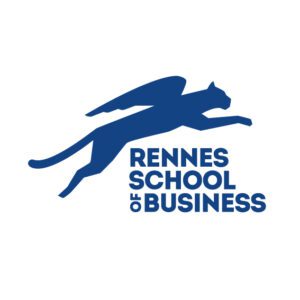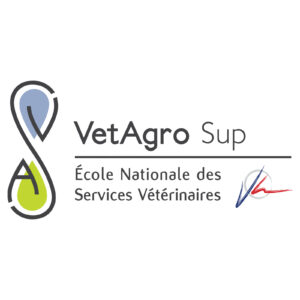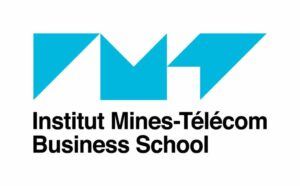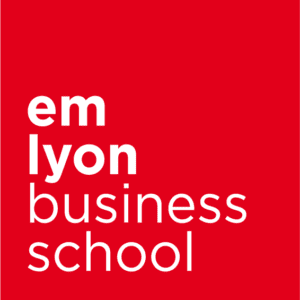Cette activité vise à développer la capacité des étudiants à évaluer objectivement leur propre travail et leurs compétences. Elle combine l’auto-évaluation avec l’évaluation par les pairs pour permettre aux étudiants de comparer leur perception avec celle des autres.
💡 Sélectionnez le modèle dans ChallengeMe pour lancer cette activité en un clic !
L’objectif principal est de développer chez les étudiants des compétences d’auto-réflexion et d’auto-évaluation critique, essentielles pour leur apprentissage continu et leur développement professionnel futur.
Développement de la métacognition – Les étudiants apprennent à réfléchir sur leur propre processus d’apprentissage.
Amélioration de l’autonomie – Les étudiants deviennent plus responsables de leur propre développement.
Renforcement de l’esprit critique – Les étudiants développent leur capacité à analyser objectivement leur travail.
Meilleure compréhension des critères d’évaluation – Les étudiants intériorisent les standards de qualité attendus.
Préparation à l’apprentissage tout au long de la vie – Les compétences d’auto-évaluation sont essentielles pour un apprentissage continu.
Amélioration de la confiance en soi – Une auto-évaluation précise aide à construire une confiance en soi réaliste.
💡 Sélectionnez la collection de critères associé à ce cas d’usage dans la plateforme
Les étudiants évaluent les membres de leur groupe en utilisant les critères d’évaluation définis par l’enseignant.
Ils peuvent également donner leurs feedbacks.
Les étudiants découvrent les évaluations et feedbacks reçus en fonction des options d’affichages définies.
Choisissez la méthode d’évaluation qui vous convient le plus.
Vous pouvez utiliser une activité « simple » ou ajouter des phases de dépôts ou d’évaluation supplémentaires.
Pourquoi ne pas utiliser notre assistant IA pour guider les étudiants dans leur feedback. L’assistant peut leur donner des éléments pour améliorer leur feedback et le rendre plus constructif.
⬜ Fournir des critères clairs – Donnez aux étudiants des critères d’évaluation précis et des exemples concrets pour guider leur auto-évaluation.
⬜ Encourager la réflexion – Demandez aux étudiants de justifier leur auto-évaluation avec des exemples spécifiques de leur travail.
⬜ Comparer les perceptions – Organisez des sessions pour comparer l’auto-évaluation des étudiants avec l’évaluation par leurs pairs ou l’enseignant.
⬜ Utiliser des rubriques – Fournissez des grilles d’évaluation détaillées pour aider les étudiants à structurer leur auto-évaluation.
⬜ Pratiquer régulièrement – Intégrez des exercices d’auto-évaluation tout au long du cours pour développer cette compétence.
⬜ Valoriser le processus – Mettez l’accent sur l’importance de l’auto-évaluation honnête plutôt que sur les résultats eux-mêmes.
⬜ Fournir un feedback constructif – Donnez aux étudiants un retour sur la précision de leur auto-évaluation pour les aider à s’améliorer.
⬜ Encourager la fixation d’objectifs – Demandez aux étudiants de définir des objectifs d’amélioration basés sur leur auto-évaluation.









ChallengeMe propose des critères d’évaluation clairs et précis que vous pouvez personnaliser. En outre, l’anonymat des évaluations et la possibilité d’avoir plusieurs évaluateurs par travail aident à garantir l’équité.
Nous recommandons également de préparer les étudiants, de leur expliquer les objectifs, voir de coconstruire avec eux la grille critériée en prenant exemples sur d’anciens travaux.
Absolument, le travail de groupe est possible, aussi bien en phase de réponses (dépôt d’un fichier en groupe par exemple) que en phase d’évaluation (les étudiants doivent se mettre d’accord sur le feedback et les évaluations)
Nous avons plusieurs contenus disponibles. Dans la plateforme, les étudiants sont accompagnés sur l’activité avec des conseils pour donner des feedback pertinents. Nous mettons aussi à disposition des enseignants des documents qu’ils peuvent utiliser pour présenter l’activité aux étudiants.
Vous choisissez ! Vous pouvez mettre en place du formatif uniquement (pas de notes, uniquement des feedback) ou bien construire une note avec de la pondération sur les critères, des bonus/malus selon certains événements (retard par exemple) ou encore pondérer la note de l’évaluation par les pairs avec celle de l’enseignant.
Nous travaillons avec + de 90 écoles en France, Suisse, Belgique et au Québec. Vous trouverez sur notre site plusieurs retours d’expériences d’autres écoles sur nos activités.






Nous vous proposons d’essayer gratuitement ChallengeMe. N’hésitez pas à nous contacter directement pour toutes vos questions, notre équipe sera ravie de vous aider !